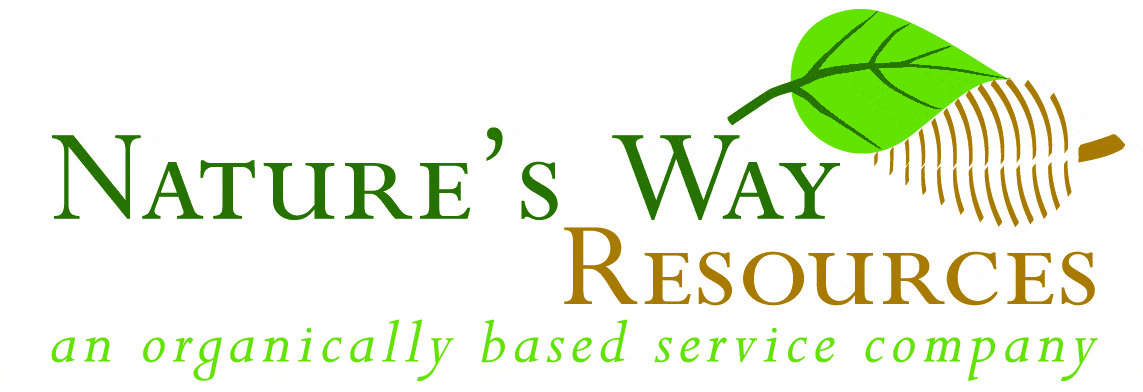John's Corner:
Soil & Plants (Part 142)
News from the Wonderful World of Soil & plants 142
By: John Ferguson
There was an interesting article in the American Naturalist (January 2021) on a species of beetles known as “Burying Beetles”. As most all parents, these beetles go the extra step for their children. They are part of nature’s clean-up crew that gets rid of dead animals and are a benefit to gardeners.
These beetles dig a hole and then scout for a dead bird, lizard, mouse, etc. and bury it. They even pluck its feathers or fur and roll the meat into balls. They then cover it in a goop they produce. This goop prevents the odors from being noticed by the competition, and it is antimicrobial to slow down the decomposition.
Their digging helps break up compaction, cycles nutrients, and helps prevent the spread of disease from the decay. However, if one uses pesticides you lose these benefits of this good beetle.
Tip: For decades experienced gardeners have recommended leaving large logs rotting in the back of their flowerbeds to provide a home for many critters that loosen soil, eat pest insects, and more. They are also food for beneficial microbes to earthworms and other beetles.
I recently read an article in the Journal HortScience (2020) comparing fertilization by both organic and artificial fertilizers on potted Blueberries. It reminded me that there is something we do not talk about often enough; over fertilization.
The researchers found that over fertilization resulted in too much electrical conductivity (EC) in the root zone causing poor plant growth, and interveinal chlorosis. All artificial fertilizers are chemically salts, that when exposed to water dissolve increasing the electrical conductivity of the soil.
For example, remember the experiments we did in school, where there was a battery and a light bulb with wires from the battery in a distilled water and nothing happened. However, when we stirred in a teaspoon of salt the lightbulb would light up. The salt dissolved into ions that could carry the electricity. This is one of the reasons why it is easy to burn plants with artificial fertilizers.
Additionally, plants require much more water as they have to dilute the salt burn effects as they can pull water out of plant tissues. This effect is why salt is used to preserve and cure meats, etc. Organic fertilizers do not burn plants and do not leach out of the soil polluting our waterways.
Note: Over fertilization is rarely an issue with organic fertilizers.
Another paper published in the Journal HortScience (2020) was mitigating salt stress on Eggplants by using biochar. They used both a softwood and hardwood biochar and it did help reduce salt stress. However, the absurdity was, Why use artificial fertilizers that created the salt stress in the first place!
It made think of the old proverb: “An ounce of prevention is worth a pound of cure.”
This old advertisement tells us why as gardeners we need to avoid items that are high in salt.
A study published in the Journal HortScience (2020) was on using a black plastic tarp (5-6 mm thickness) as a weed control method up in the Northeast USA. They found that tarping the soil for three weeks reduced weed percent cover by 95-100% depending on the weed species. Longer time frames did not improve the results.
Soil moisture and temperature were generally higher in the tarped plots. Many gardeners know this process as solarization, which can be an effective weed suppression methodology, especially for new gardens. Along the Gulf Coast with our higher temperatures and increased sunlight this method works well.
The Journal HortTechnology (2018) had a paper on using compost as a mulch in growing lettuce in New England. The compost was effective in reducing weeds in both spring and fall experiments.
The mulching increased soil temperature, fresh and dry weights were significantly higher. The use of compost significantly extended the growing season allowing for additional harvests contrary to expected results.
Comment: The dark color of a good compost absorbs energy from the sun warming the soil. Microbes in the compost also can generate some heat allowing for a longer growing season.
The photo below is from a friend of mine taken during the recent winter storm who uses organic methods. Notice how much less snow and ice than the neighbors across the street or next door. The picture illustrates this warming effect which translates into less freeze damage to grass and plants.
When looking for the photo above I ran across this old picture of compost and victory gardens. I would modify the caption to state “Soil Loves GOOD Compost”. Since Texas does not have labeling laws, many very bad products are sold as compost.
Speaking of victory gardens, home gardening exploded last year and is expected to continue this year. Many people are disgusted with the poor quality of our food supply that is loaded with toxic chemicals and is nutrient deficient, that causes or aggravates many health problems.
When researching papers for this article I also ran across the old slide below (1998) that illustrates the problem with our governmental agencies that are supposed to protect us.
There is a very good book on the corruption in the FDA for those whom want to learn more:
FDA – Failure, Deception, Abuse – The Story of an Out-of-Control Government Agency and What It Means For Your Health, Life Extension Foundation, Praktikoa Books, 2010, ISBN: 978-1-60766-001-9.
We often hear about using trees to sequester carbon to help remove carbon dioxide from the air to offset climate change. Fire when used properly can help grasslands sequester more carbon that forests and create habitat for wildlife plus improve the ecological environment. The short video below is a good summary of the benefits of fire.
In nature God uses lots of small fires to maintain the ecological system. It is only our government again that screws things up. The USDA forest service has not allowed controlled
or normal burning for decades. As a result, we now have the catastrophic fires like we see in California. God tells us to study nature and let it teach us…when will we learn.
The Untold Story Of Grasses | William Bond – YouTube

